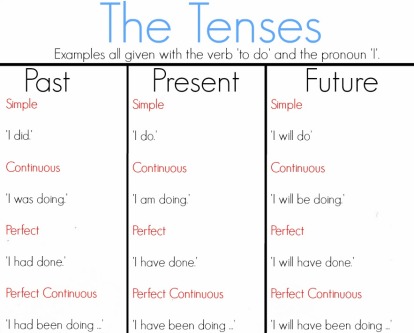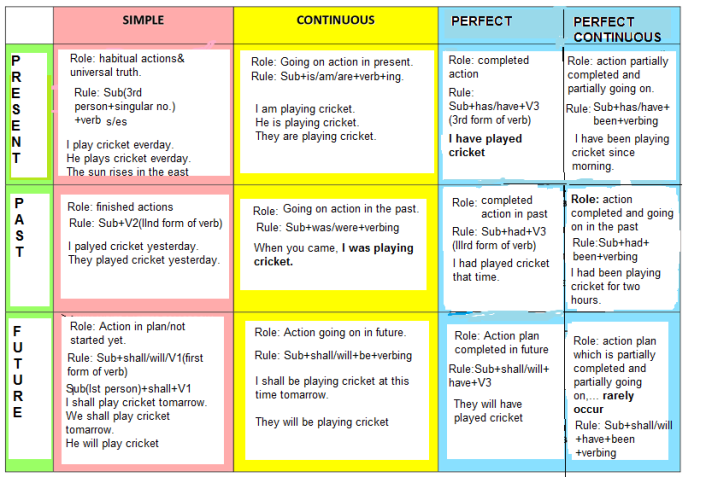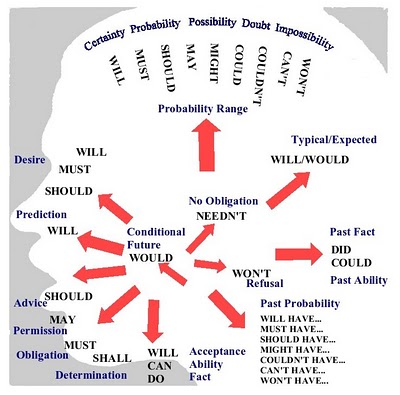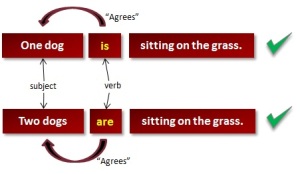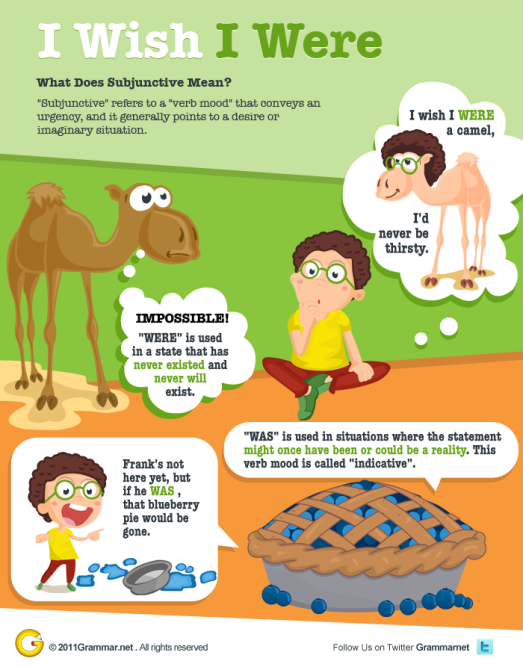 Indianism
Indianism
Indianism refers to a word or phrase which is a characteristic of Indian English. Indianism may also refer to the way, a sentence has been structured as if it was literally translated from an Indian language to English.The biggest problem with Indianism is that many candidates who otherwise speak good English,still unknowingly use it . For Indians, some of the expressions may not sound strange because they are used to hearing this form of English. However, a person who has not been exposed to Indian way of speaking might be at a loss at times wondering what they might have meant by saying.
In global market where spoken English is an urgent requirement, Indianism can become a barrier. So it is essential to focus on removing the mother tongue influence and the ‘Indianisms’ that creep into your English conversations.
There is a list of few terms that we (Indians) usually use though we should not be using them as per Standard English.
1. What is your good name? (incorrect):- On the first meeting, Indians commonly start conversation with this question. In a social context in Hindi language, one would ask:- आप का शुभ नाम? But it is difficult for an English to understand the phrase ‘good name’……. So the correct sentence should be:
What is your name?
2. Use of ‘itself’ or ‘only’ for emphasis is Indianism.
Can I meet with you today itself? (Incorrect)
Can I meet with you today? (Correct)
We’ll need to have our lunch here itself. (Incorrect)
We’ll need to have our lunch here. (Correct)
We arrived today only. (Incorrect)
We arrived today. (Correct)
3.Use of back with return or revert
He returned it back to me.(Incorrect)
He returned it to me. (Correct)
He will revert back to me. (Incorrect)
He will revert to me. (Correct)
4. Do the needful
Do the needful is very old-fashioned English, It went out of style decades ago, about the time the British left. This term is outdated all over the world except in India.
Please do the needful. – Incorrect
Please do what is necessary or needed. – Correct
Please do the needful to attend the mentioned training. Incorrect
Please do what is necessary to attend the meeting. – Correct
5. Use of more/much with prefer or better: Prefer means to like more and better is a comparative, so these words do not take more or much.
This is more preferable. (Incorrect)
This is preferable. (Correct)
I prefer this more than that one. (Incorrect)
I prefer this to that one. (Correct)
This option is more better. (Incorrect)
This option is better. (correct)
6. Prepone is a word invented by us (Indians) for our convenience. Apparently, this phrase has become so popular that it’s even been added to a few dictionaries.
I have preponed the meeting. – Incorrect
I have rescheduled the meeting to 10.00 A.M . – Correct
7. Do one thing is another popular phrase in indian English as a direct translation of “ek kaam karna” and this usage is incorrect. One thing can be ten things, but it is still one thing.
Let’s do one thing, let’s order both Chinese and north Indian food.Incorrect
Let’s order both Chinese and north Indian food.Correct
8. Please intimate me
To intimate is a rare verb meaning to inform someone privately. And it should not be used as a substitute of to inform.
Please intimate me. – Incorrect
Please inform me – Correct
9. Out of Station
Out of Station is widely used in India which is incorrect. Station can be understood as railway station.
Sorry, I can not talk to you right now. I am out of station.
Sorry, I can not talk to you right now. I am out of town/city/Dehradun. Correct
10. ‘Passing out’
When you complete your studies at an educational institution, you graduate from that institution.You do not “pass out” from that institution.To “pass out” refers to losing consciousness or you just passed through a place. When we call passing out parade, it is correct because Army is parading and passing out.
I pass out from this institution- incorrect
I graduated from this institution – correct
11. Year back
For the action of past, we should use the expression- year ago and not years back. Back is used for backside.
I bought this house years back- incorrect
I bought this house years ago- correct
12. Discuss about
The word discuss means talk about. So the preposition about with discuss means, you use about two times.
Let us discuss about politics. Incorrect
(that would be like saying, Let us talk about about politics)
Let us discuss politics.correct
13.Order for
The verb, order will not take preposition ‘for’ with it.
I am hungry. Lets order for a pizza. incorrect
I am hungry. Lets order a pizza. Correct.
14. Myself, followed by your name is wrong.Myself is a reflexive pronoun and should not be used as a subject.
Myself is Rohit. Incorrect
I am Rohit. correct
15.Talk vs speak
Speak is bit more formal than talk and is often used in polite request.
He can talk four language. He can speak four language.
Stop speaking nonsense. Stop talking nonsense.
Hello, could I talk to Mr Jones, please?
Hello, could I speak to Mr Jones, please?
16. words without preposition ‘of’
Time waste ————- Waste of time
It is time waste ——- It is a waste of time.
My Family members———- Members of my family
I went on holiday with my family members.
I went on holiday with members of my family.
17. Overuse of basically and actually.
I basically belong to Dehradun. Incorrect
I belong to Dehradun. Correct
18. Use of having with an object is incorrect. We can not have an object as food.
A. Would you like to have Lunch with me? 🙂
B. Oh! I am having it right now.
A. Are you having a pen?
B. No, I can’t have a pen as food. 😛
A. Means?
B.You should say, “Do you have a pen?” or “Are you carrying a pen with you?” 🙂 Be careful of Indianism.
Some more examples of Indianism :
An interesting article, posted in a newspaper about indianism.
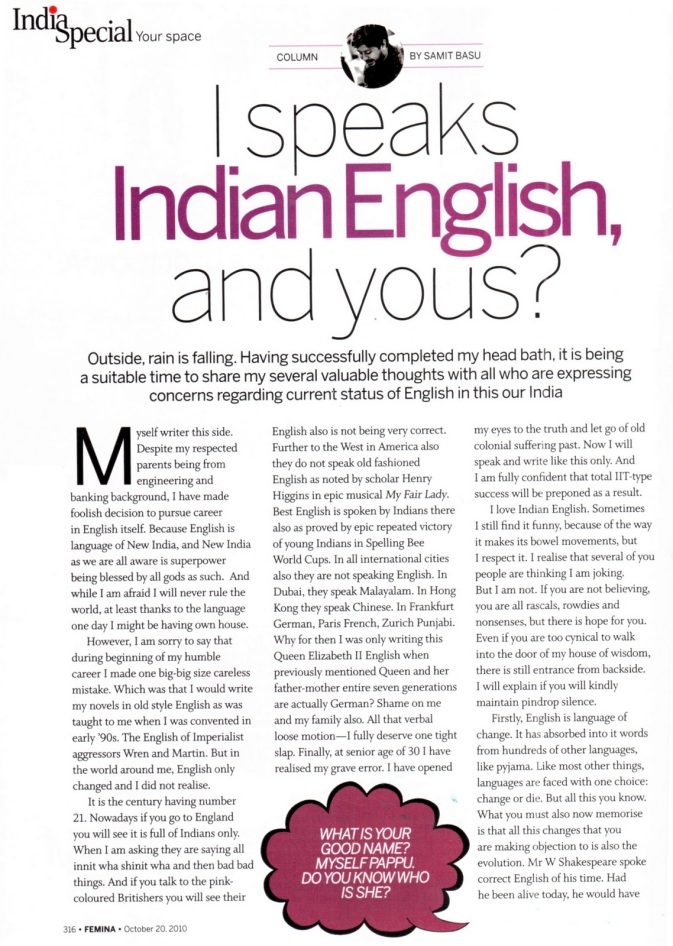


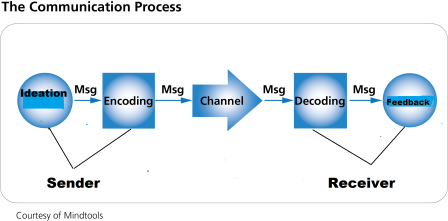






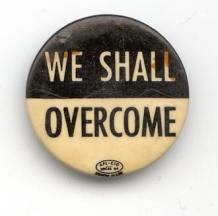
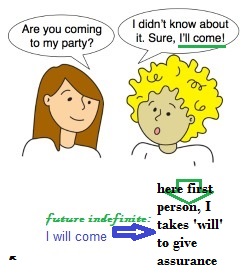

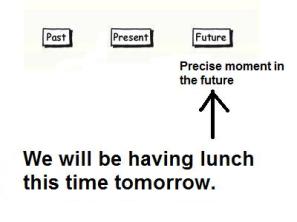
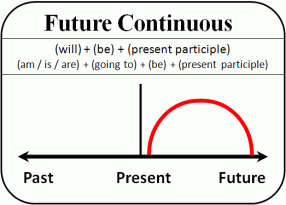
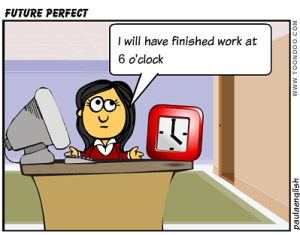
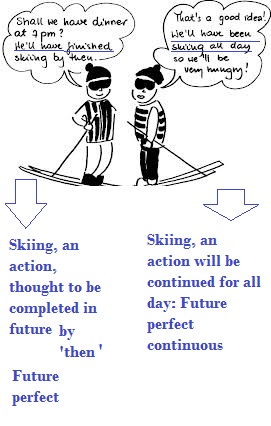

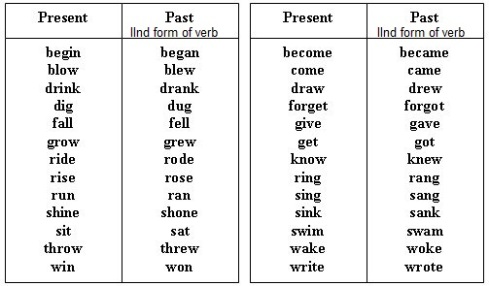
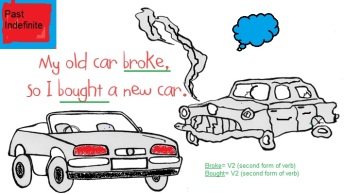
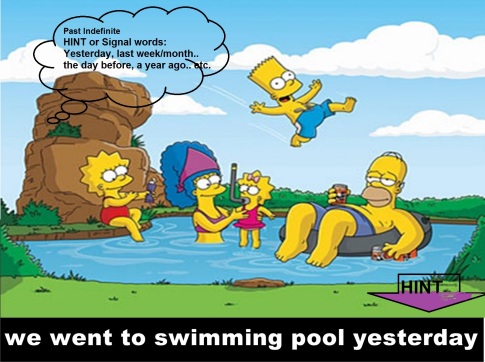
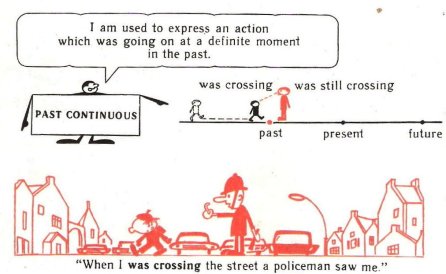
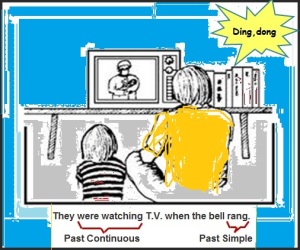
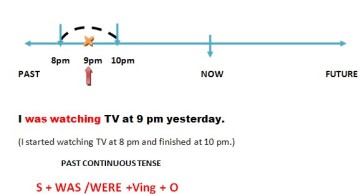
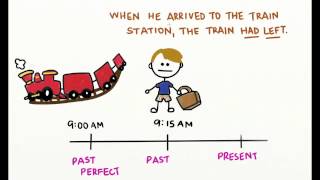
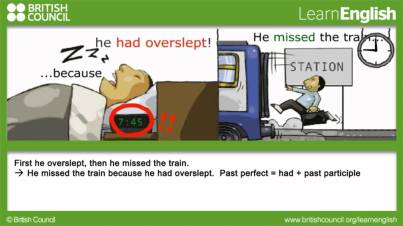

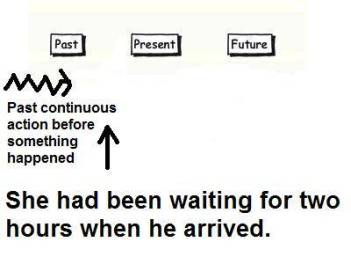

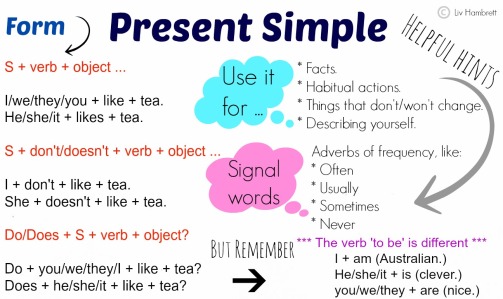
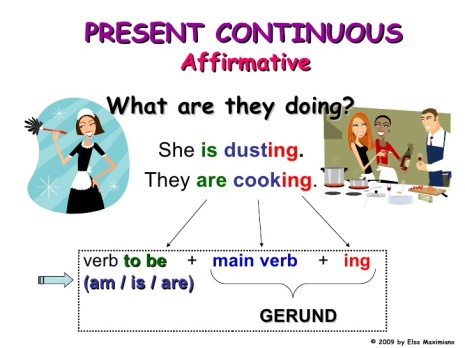
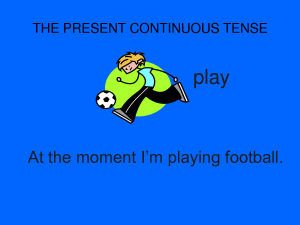
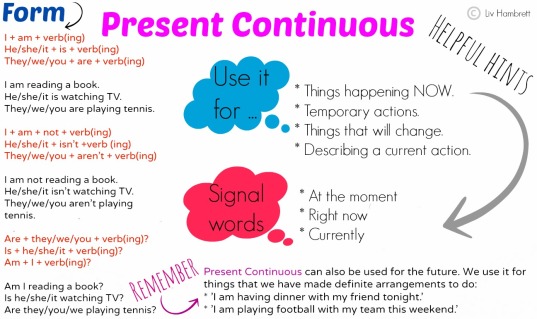


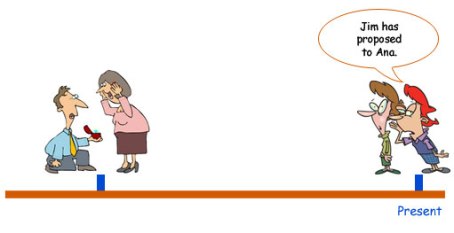
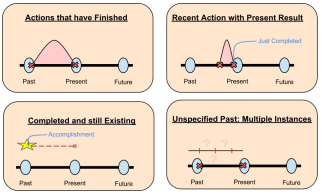
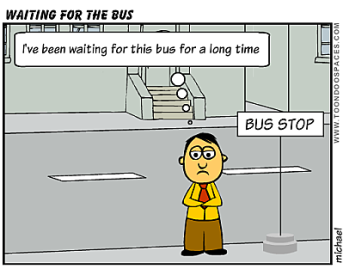
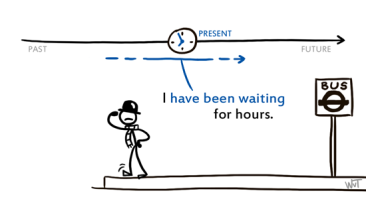
![42-ingles-com-cartoons_400[1]](https://shachinegi.files.wordpress.com/2014/09/42-ingles-com-cartoons_4001.jpg?w=243&h=340)
